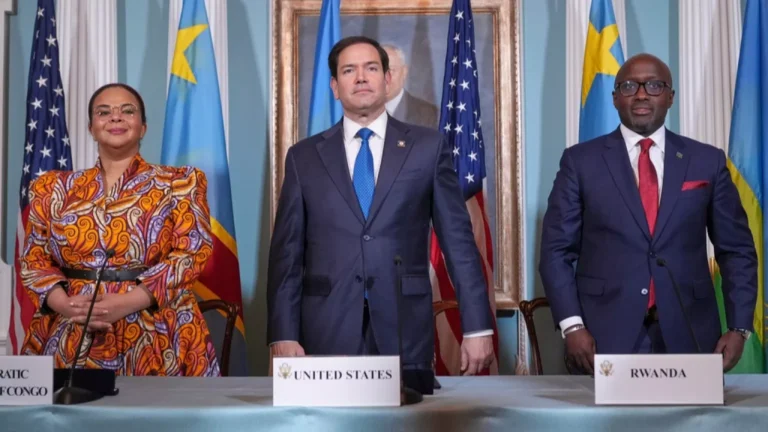Italy to issue 2,000 work visas to Tunisian construction workers over the next three years

Italy is set to grant 2,000 work visas to Tunisian construction workers over the next three years as part of an initiative aimed at addressing the country’s labor shortages while fostering closer ties with Tunisia in the field of professional training and migration.
Marina Calderone, Italy’s Minister for Labor and Social Policies, reaffirmed Italy’s commitment to expanding opportunities for Tunisians to work in Italy.
“We are working to increase the chances for Tunisians to reach Italy for professional purposes,” Calderone said during her recent visit to Tunisia.
The program, known as “THAMM Plus,” was launched earlier this year in March and focuses on providing vocational training for those looking to work in the construction sector.
This initiative is expected to help both countries, as Italy seeks to fill critical gaps in its workforce, especially in the construction industry, while offering Tunisians new opportunities for employment abroad.
As part of the agreement, workers will not only be trained in construction skills but also in Italian language and workplace safety, ensuring they are fully prepared for their new roles in Italy.
By offering this specialized training in Tunisia, Italy aims to reduce barriers for skilled labor and make the transition for workers smoother once they arrive in the country.
Italy’s efforts are part of a broader strategy to address labor shortages across various sectors, including construction and healthcare.
The country has experienced a significant influx of Tunisian workers in recent years, and authorities are confident that expanding training opportunities in Tunisia will attract even more skilled workers.
In addition to the construction program, Italy is planning to issue 10,000 additional visas for foreign caregivers starting in 2025, as part of a pilot initiative.
The government also plans to issue a total of 165,000 visas for foreign workers next year, a significant increase compared to previous years.
However, with the increase in visas, Italy will introduce stricter regulations to combat fraud and ensure the integrity of the application process.
Applicants from countries with a history of submitting false documentation will undergo more rigorous screening.
This initiative reflects Italy’s ongoing efforts to address labor shortages while ensuring the fair treatment of workers from abroad.
It also underscores the growing importance of international collaboration in managing migration and labor needs in a globalized economy.
About The Author
dailymailafric
I am an avid African news observer, and an active member of Daily Mail Africa.
I’m Passionate about staying informed on diverse topics across the continent,
I actively contribute to publishing on political, economic and cultural developments in Africa.



